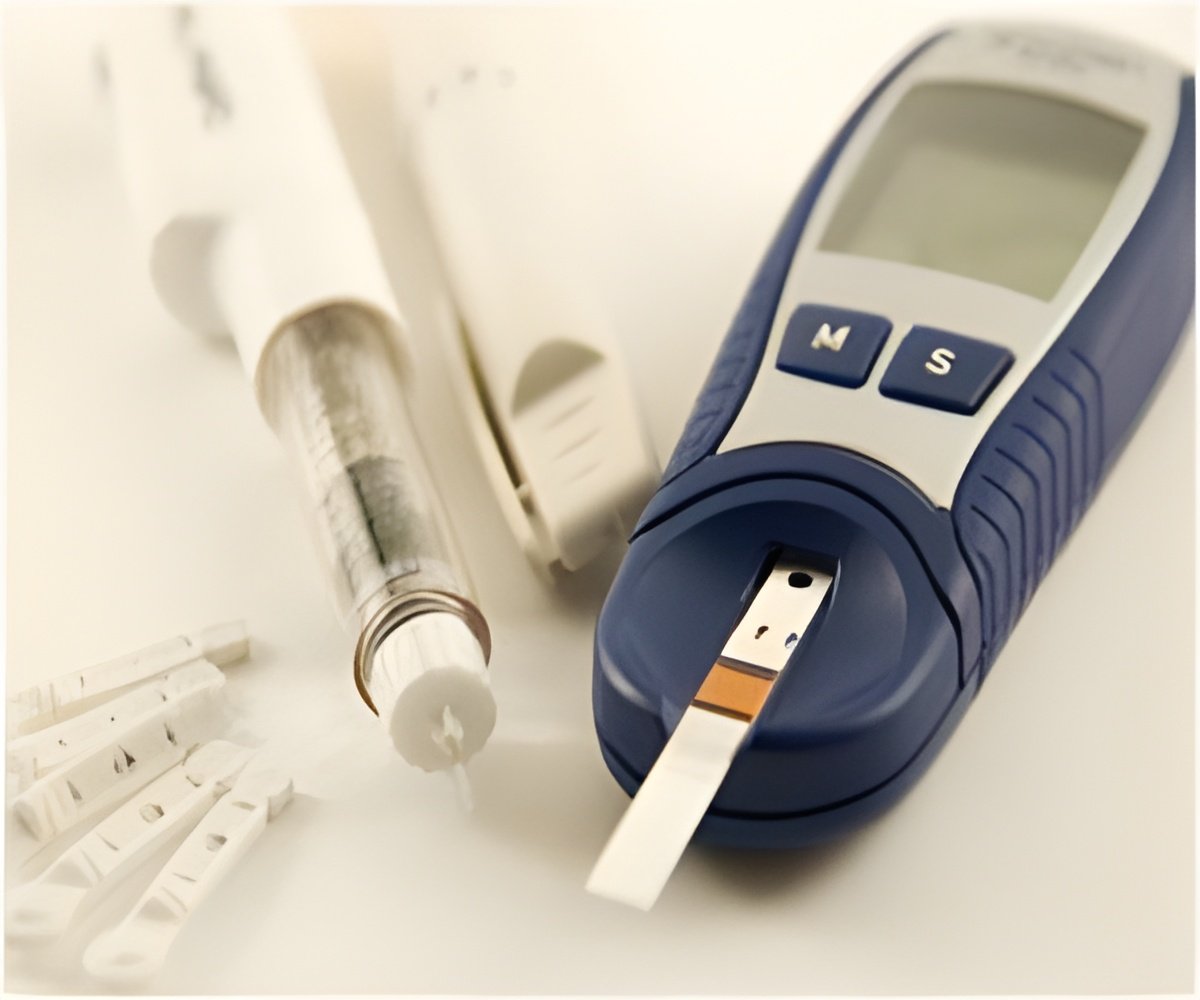AThe inhibition of a novel enzyme discovered by researchers is thought to be enhanced by a signal that promotes insulin secretion and reduces hyperglycemia in type 2 diabetes animal models

Marc Prentki, Director of the Montreal Diabetes Research Centre and Professor at the University of Montreal, said despite significant research on the mechanisms implicated in insulin secretion, the signal molecules involved in this process remained enigmatic; the identification of these signals is necessary to develop better therapeutics against diabetes.
Murthy Madiraju, Researcher at the CRCHUM, said when sugar is being used by the insulin secreting pancreatic beta-cell, it produces monoacylglycerol, a fat-like signal and this is associated with insulin release into blood; they found that the production of monoacylglycerol is essential for glucose-stimulated insulin secretion by the beta-cell.
Importantly, the research team discovered that an enzyme called alpha/beta hydrolase domain-6 (in short ABHD6) breaks down monoacylglycerol and thus negatively controls insulin release.
These researchers said that "an ideal drug for type-2 diabetes would increase insulin levels in blood by enhancing the beta cells response to glucose only when it is elevated and also increase the sensitivity of body tissues to insulin; this is precisely what ABHD6 inhibition does and thus we have identified a unique new target for type 2 diabetes."
The study has been published in the journal Cell Metabolism.
Advertisement














